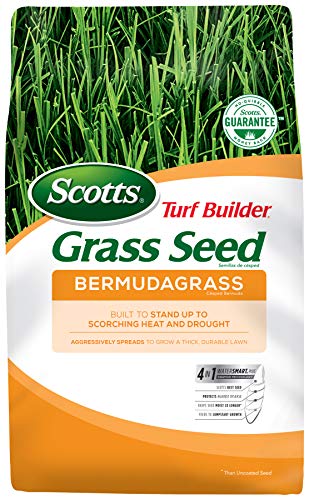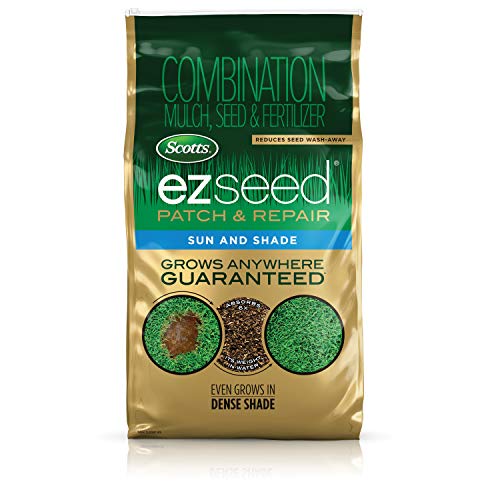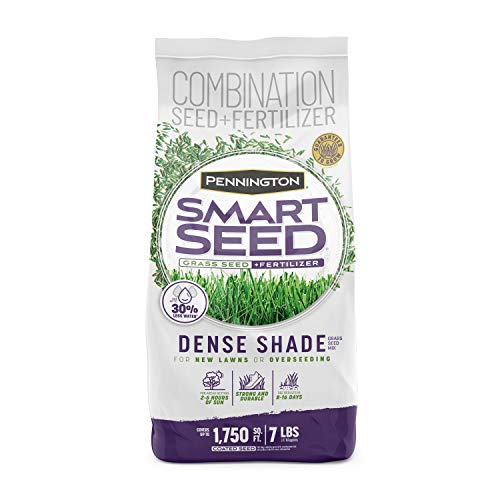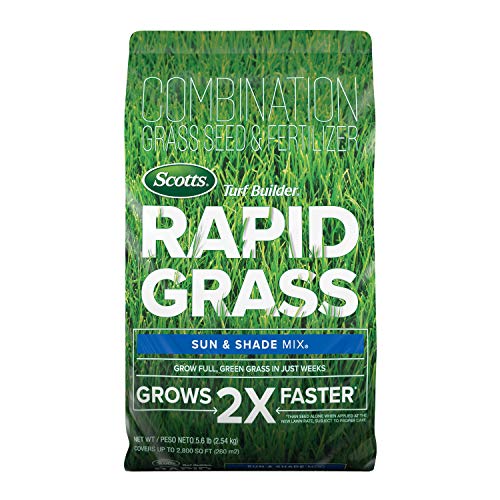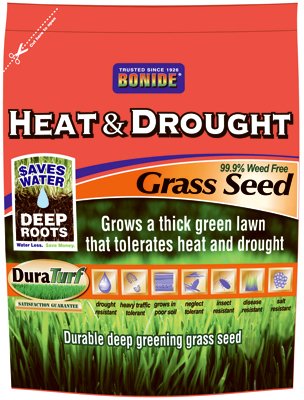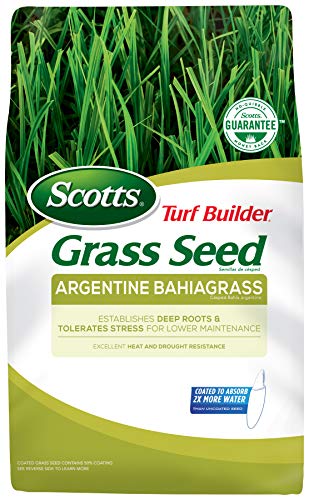Top 18 Best Bermuda Grass Seed For South Texas Features, Reviews, and FAQs
Brandon Forder May 19, 2024 4:34 AM

Compare Products
- SCORE8.6
- BrandSeedRanch
- SCORE8.4
- BrandJonathan Green
- Prime
- SCORE8.2
- BrandPennington
- Prime
- SCORE8.2
- BrandGreenview
- Prime
- SCORE8.0
- BrandPennington
- Prime
- SCORE7.0
- BrandPennington
- Prime
Last update on 2024-05-19 / Affiliate links / Images, Product Titles, and Product Highlights from Amazon Product Advertising API
Choosing the best Bermuda grass seed for South Texas is important because the grass will thrive in the region's hot and humid climates. Bermuda grass can be purchased as seed, sod, or plugs. It can be planted in early summer, early fall, or late spring.
The best time to plant Bermuda grass seed is during the warmest months of the year, when the soil temperature is above 65 degrees F. The Bermuda grass seed has a coating that keeps the seed moist and protects it from disease. The seed is also coated with fertilizer, which helps promote new growth. It also has a fungicide to help control weeds.
Bermuda grass grows best in sunny lawns with good drainage and a pH level of 6 or 7. It's also highly resistant to salt and drought. When you plant it, be sure to water it regularly to encourage germination. Watering should take place before 5 a.m. During the germination period, you should water the Bermuda grass twice a day. It's best to use a fertilizer that contains calcium nitrate enhancement. This will promote a fast growing lawn.
Bermuda grass seed is often coated with a fungicide or tackifier to increase the growth and moisture retention of the seed. A fungicide protects the seed from disease, while tackifier helps the seed stay moist and promotes germination. The seed is also coated with a fertilizer that contains calcium nitrate. It's also important to make sure that the Bermuda grass seed is planted during the ideal season for germination. Bermuda grass seed should be planted when the weather is warm enough to prevent the seeds from becoming damaged.
Bermuda grass is low-maintenance. It can be mowed any time, but it will look best when it is mowed every three to four weeks. Bermuda grass should not be cut off more than one-third to one-half of the leaf blade at a time. You should also water your Bermuda grass seed twice a day to ensure that it stays moist.
Bermuda grass seeds can grow in a variety of different soil types, including clay, sandy, and rocky. They can also grow in high-traffic areas and sloped ground. Despite its low-growing nature, Bermuda grass grows quickly. Its extensive root system makes it ideal for residential lawns and public spaces. Bermuda grass is also resistant to heat, cold, and drought. Its fine texture gives it a great visual appeal.
The color of Bermuda grass can vary depending on the type of seed and brand. For instance, Scotts Bermuda grass seed is coated with a 4-in-1 WaterSmart Plus coating that helps it to stand up to scorching heat. It also includes a fungicide and added nutrients to promote a healthy, robust lawn. It also has a weed-resistant coating that provides a protective layer against disease and weeds.
Bermuda grass is one of the most popular types of grass in Texas. It's easy to establish, and it will grow in most climates, including hot and humid southern climates. It's also a great choice for a low-maintenance lawn that will be perfect for families, children, and pets. If you aren't sure what type of grass is right for your lawn, talk to a lawn care expert.


